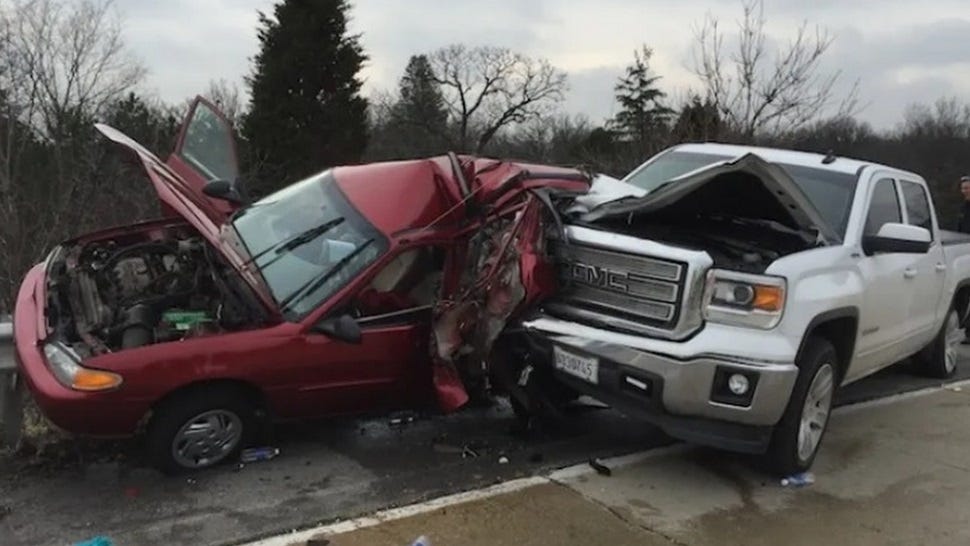I just finished reading Killed by a Traffic Engineer (2024), by Wes Marshall a few days ago. A spectacular achievement. It contains countless gems and insights for transportation professionals. It is also easy enough to understand for those without a transportation background. Over and over, as I read the book, I thought to myself about how "the jig is up." The author, in other words, repeatedly shows us that much we get from traffic engineers is a sham.
Particularly when "safety" is promised.
When Marshall (rightly) disparaged slip lanes as being a dangerous, awful idea for city roads, it reminded me of my near-fatal event while I was bicycling here in Greenville, SC, a few years ago. I was bicycling on a slip lane crosswalk and had a high-velocity right-turning car knock me down like a bowling pin. Destroyed my bicycle's rear wheel. I was inches from death, but fortunately, I was not hurt. I’m sure that, like so often in the extraordinarily-inappropriate-slip-lane-in-a-town-center scenario, the motorist was turning at an excessive speed and was putting all of his/her attention in the direction of the on-coming vehicles to his/her left. The motorist never saw me, surely knew he/she hit me, but never stopped or even slowed down after the collision.
I had to laugh when he referred to Boulder adopting a “Vision Zero” policy, as I was serving on Boulder’s Transportation Advisory Board at the time, and vividly recall spending a lot of time telling City staff about how the policy was doing little more than paying lip service to improved traffic safety. As Wes would say, Boulder (like pretty much all US cities that adopt a Vision Zero policy) stayed away from the “engineering” portion of the notorious “three/four E’s” recipe.
That is, the only effective part of the recipe was disregarded.
Like Wes, I found it embarrassing that Boulder felt it was effectively moving toward Vision Zero by inserting a new "E" in the classic "Three E's" of street design. Boulder proudly added a fourth while I was on the Board: "Evaluation." Please. More lip service…
One of my quibbles, though, is that in my experience as a 20-year town and transportation planner, engineers tend to be "following orders" from citizens and officials. I don't believe they have much ability to offer road/street designs that promote safety or community health, as nearly all citizens, officials, and supervisors have an extremely narrow road/street agenda: Speed up motorized traffic and minimize motorized delay. I don't believe it would help much if, as the author suggests, we educate engineers or hire generalists rather than specialists. I believe engineers are only going to recommend safe, slower, healthier (i.e., strong town) streets when they are given permission by citizens or officials.
Since we citizens and officials spent the past century demanding high-speed, high-capacity design, I fear we are a long way away from most citizens or officials giving engineers the permission they need. The world we created over that century of bad design created a self-perpetuating downward spiral that is extraordinarily difficult to escape. We have become, in other words, our own worst enemies.



